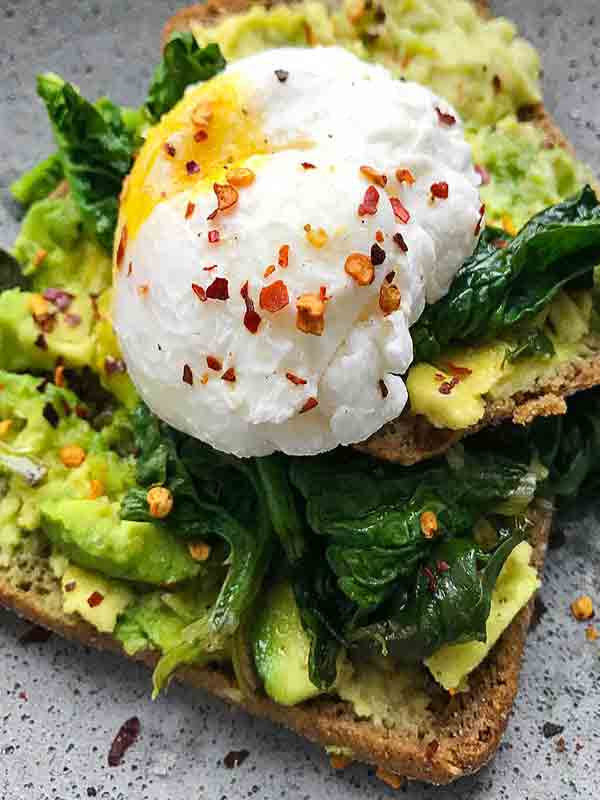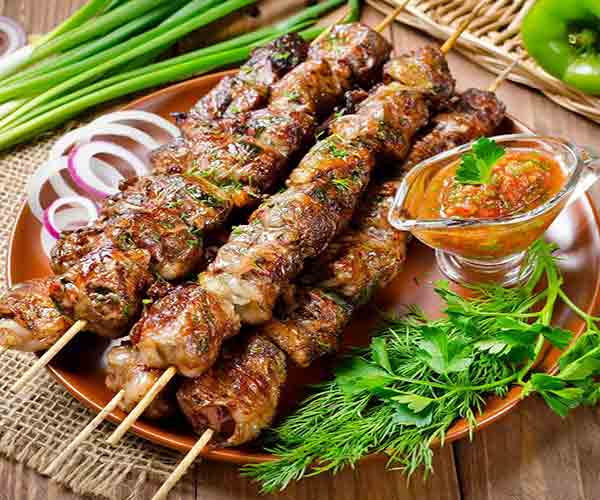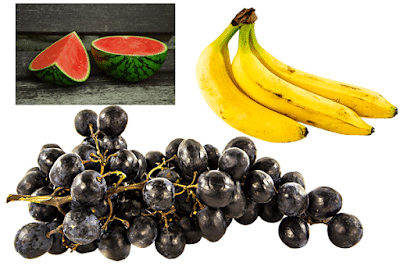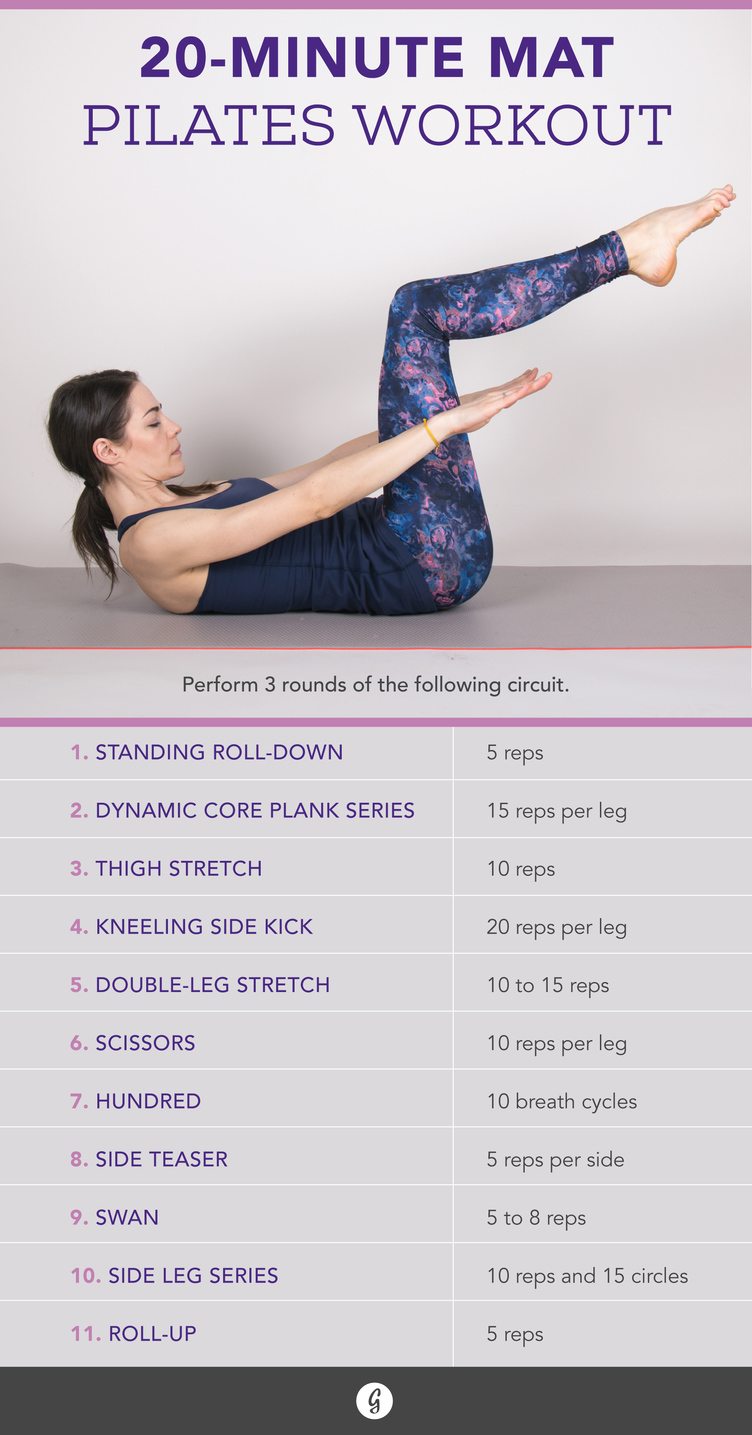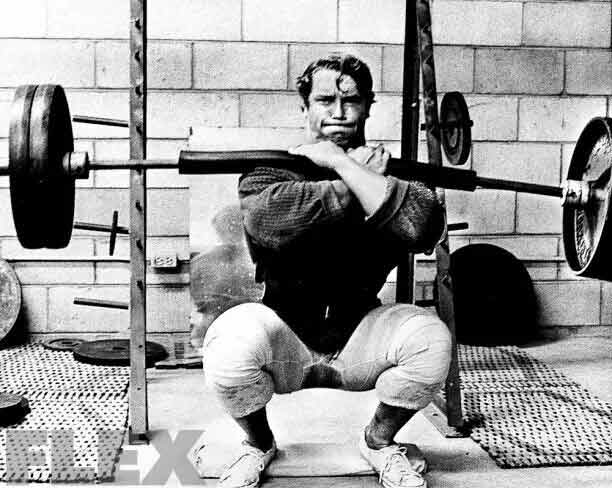The foods that the mother eats or drinks during pregnancy are the primary source of nutrition for the fetus. Therefore, eating foods during pregnancy that help the baby form, develop, and grow properly is essential. In addition, the pregnant mother remains physically and mentally healthy. Iron-rich foods should be eaten more during pregnancy.
Again, some foods are very harmful to the unborn baby. Mothers must be aware and careful about taking those foods. However, many superstitions are prevalent in society about the diet of pregnant mothers, which must be avoided.
The following foods should be taken in the right amount by a pregnant mother:
Iron-rich foods for pregnancy
A pregnant mother needs 26 mg of Iron daily, almost twice as much as expected. This extra amount of Iron is necessary to keep the Pregnant mother’s hemoglobin level in the body and prevent any complications due to lack of Iron. So, iron-rich foods are more important for pregnancy.
Mothers deficient in Iron should eat regular iron-rich foods such as moderate amounts of liver and red meat, dried dates, raisins, spinach, eggs, vegan, banana, etc.
And yes, eat iron-rich foods as well as pickled fruits. Because due to the lack of vitamin C in the fruit, our body cannot absorb the total amount of Iron.
Even then, if the body is deficient in Iron, you must take iron supplements according to the doctor’s advice.
Protein, Iron, or non-vegetarian food
Fetal development during pregnancy depends on the availability of adequate amounts of protein—the demand for protein or meat increases during pregnancy. Fetal growth is hampered if these additional demands are not met properly.
Before pregnancy, a mother needs 0.8 grams of protein per kg of body weight. However, the daily protein requirement increases slightly during pregnancy, during which time pregnant mothers are advised to consume 1.1 grams of protein per kg of body weight. Or an extra 25 grams of protein should be taken daily with the pre-pregnancy requirement. If a pregnant mother weighs 60 kg, her daily protein requirement will be 66 g.
And yes, 8 grams means protein, but 8 grams does not mean fish, meat, or milk. For every 30 grams of thorny fish, boneless beef, mutton or chicken, liver, pulses, or an egg, you will get about 7 to 7.5 grams of protein.
So, understand that, for pregnancy, you must include some iron-rich foods and protein foods such as fish, meat, eggs, milk, pulses, and beans in your daily diet. Otherwise, it will not be possible to meet the demand for beef.
Vegetables, fruits, or fiber foods
Almost all mothers suffer from constipation during pregnancy. Usually, during pregnancy, for various reasons, the amount of vegetables or fruits eaten per day is not eaten as much. As a result, constipation is a regular occurrence. So you should eat vegetables and fruits as per the rules of an iron-rich diet for pregnancy.
20-35 grams of fiber or dietary fiber should be taken daily during pregnancy. And to meet this need, put various vegetables, herbs, and fruits, both sour and sweet, on your diet.
Sugars Foods
The demand for sugar increases during pregnancy and other nutrients, but it is important to take in sugar during pregnancy to maintain its proper nutritional value. Instead of white rice and flour, choose red flour and red rice and bread.
At this time, oats, homemade whole wheat pasta, or brown chira can be eaten instead of just rice or bread to meet the demand for sugar.
If a mother has gestational diabetes, she must try to get the right amount of sugar.
Many mothers become addicted to rice at this time, which means they overeat rice, which causes problems in getting proper nutrition to the fetus.
In that case, reduce the rice and add more vegetables to the plate. Eat rice with vegetables and greens, not vegetables and greens with rice.
Fatty foods
Like other nutrients, the demand for fat also increases during pregnancy. Currently, the need for fat can be up to 20-35 percent of the total calories.
Fat is important for fetal eye and brain development, cell membrane structure, and hormones. However, to meet the demand for petroleum, one should take fat from sources that can provide essential fatty acids and elements like choline.
These ingredients are essential for the brain development of the fetus. Nuts, olive oil, egg yolks, avocados, oily fish, and fish oil are good sources of fatty foods. However, you should eat more iron-rich foods for pregnancy.
However, be sure to avoid foods cooked in excess oil and any fried food items made outside.
Foods rich in folic acid
Folic acid is essential during pregnancy as its absence can result in neural tube defects in children, impacting their brain and spinal cord.
This nutrient is most important between the 1st and 28th day of pregnancy. This is because most neural tube defects occur during this time. Folic acid is also very important throughout pregnancy. Therefore, taking folic acid supplements three months before pregnancy is recommended.
Also, to meet the demand for folic acid, include regular greens such as spinach, eggs, broccoli, nuts, citrus fruits, pumpkin seeds, etc.
Water
Pregnant mothers need to drink enough water for themselves and their unborn babies. This is because drinking less water can cause bladder inflammation and digestive problems. In addition, the body of the fetus needs water to supply nutrients. So, to meet the water demand, you can eat pure water, coconut water, and fruit juice without sugar. Drink at least 12-13 glasses of water every day.
Every pregnant mother should take a little more care of herself during pregnancy than at any other time.
Getting proper nutrition through your diet does not have to be complicated. If any one of these is omitted, it can cause problems.
A pregnant mother can’t care for herself alone at this critical and challenging time. So every member of the family should help the future mother. They are ensuring iron-rich foods for pregnancy.
Iron deficiency anemia treatment?
You will give life to someone; That is why pregnancy is an important journey. Sometimes, you may face challenges during your pregnancy, such as iron deficiency anemia. One of the best ways to treat this condition is through regular nutrition. This will help you when you are pregnant and even when you are trying to get pregnant. You should eat foods that are high in iron, as this ensures that your body is getting a great supply of iron. That’s why you need to eat more iron-rich foods for pregnancy. It helps to reduce the chances of anemia. It is recommended to eat dark-colored green vegetables, red meat, peanuts, eggs, and fortified cereals. Because these foods contain a lot of iron, eat more of these foods rich in iron for pregnancy.
In addition to maintaining an iron-rich diet, you can ask your doctor to determine if your body is getting the recommended amount of iron and folic acid vitamins. During your pregnancy, you need to take at least 28 mg of iron every day. The best way to treat iron deficiency anemia in your pregnancy is to take this iron supplement. However, it would be best if you also ate iron-rich natural foods for pregnancy.
A good thing to do when you see your doctor before your first delivery is to ask them about the risk of anemia. It is also important to test yourself 4 to 6 weeks after you become pregnant. After the doctor has analyzed your condition, they may refer you to a blood specialist.
How to prevent iron deficiency anemia?
Although you are highly recommended to maintain a balanced diet during your pregnancy, doctors can also provide you with iron supplements to prevent low amounts of iron in your body during your pregnancy. Iron-containing sulfate supplements (325 mg) should be taken once a day. Iron requirements during pregnancy are higher than when you are not pregnant, and iron deficiency in your body can lead to symptoms of severe anemia.
Does anemia affect the baby during pregnancy?
According to research, a mild iron deficiency during your pregnancy does not affect your baby. However, if you do not treat mild iron deficiency anemia in time, the condition can become very serious during your pregnancy. This condition can get worse in the first two trimesters, which is the most important trimester for your baby’s development. So eat more iron-rich foods for pregnancy. If left untreated, your baby is at risk of being underweight. The most severe cases of iron deficiency anemia can also lead to stillbirth and neonatal death. You should have regular checkups to prevent anemic effects on your baby’s health, eat a good amount of iron-rich foods for pregnancy, and follow a healthy diet.
Consultations
During pregnancy, mothers need to maintain a balanced diet to ensure the optimal development and health of the fetus. Adequate intake of protein, iron, vegetables, fruits, and fiber is crucial for the well-being of both the mother and the baby. It is important to manage sugar intake and opt for healthier alternatives, as well as consume healthy fats from sources such as nuts, olive oil, and fish. Furthermore, incorporating foods rich in folic acid and iron is necessary to prevent neural tube defects and maintain hemoglobin levels. Lastly, ensuring proper hydration through the consumption of water, coconut water, and fruit juices is vital for both the mother and the developing fetus.

